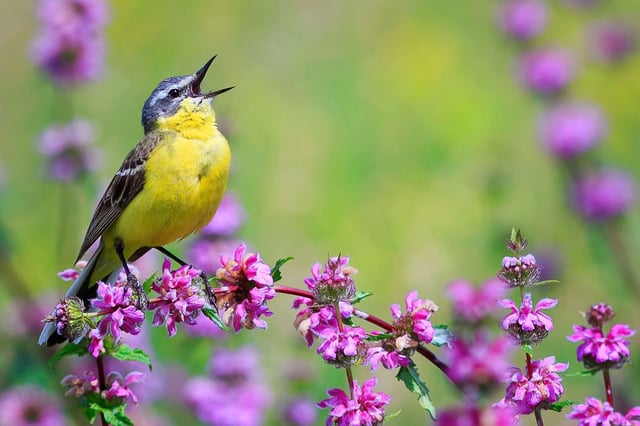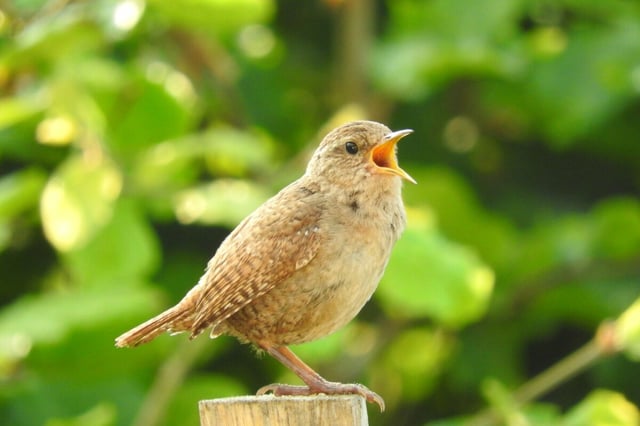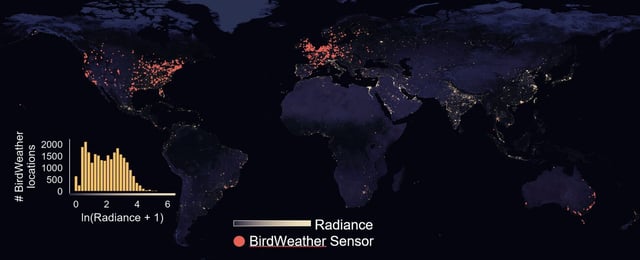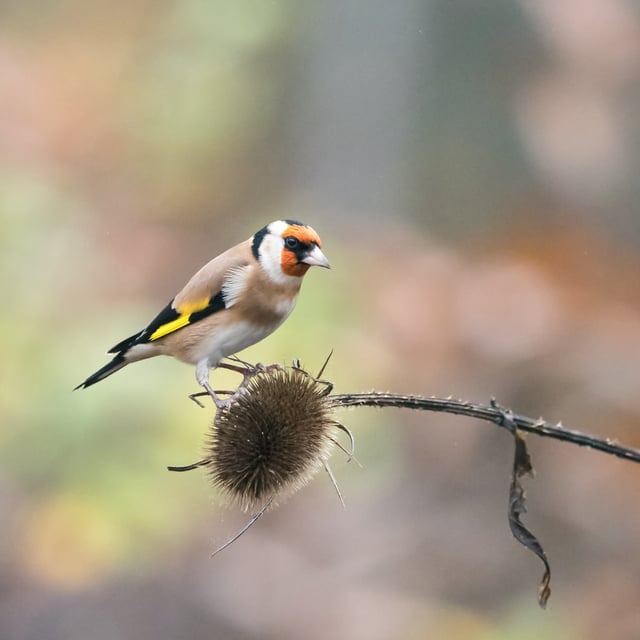Overview
- The peer‑reviewed Science paper (Aug. 21, 2025) analyzed 2.6 million morning onsets and 1.8 million evening cessations from more than 500 diurnal species using BirdWeather sensors and BirdNET identification.
- In the brightest landscapes, diurnal birds began vocalizing about 18 minutes earlier and stopped about 32 minutes later than in the darkest areas, extending daily activity by roughly 50 minutes.
- Responses varied by traits and season, with larger‑eyed species and breeding periods showing stronger extensions, while cavity‑nesting birds were less affected.
- Local light levels at recording sites were quantified with VIIRS satellite radiance data, though geographic coverage was weighted toward the United States, western Europe and Australia.
- Researchers say it is unclear whether longer activity harms or helps birds and call for targeted studies and consideration of light‑management policies.



